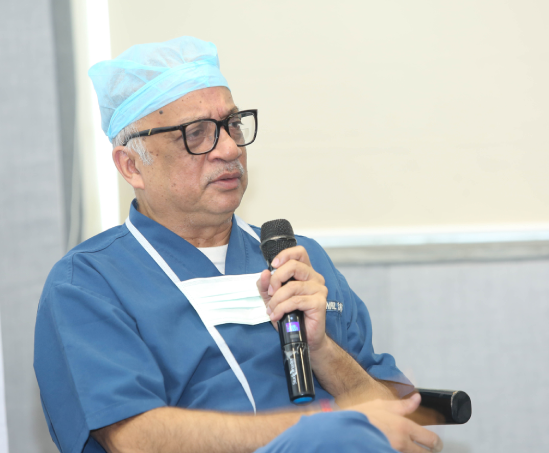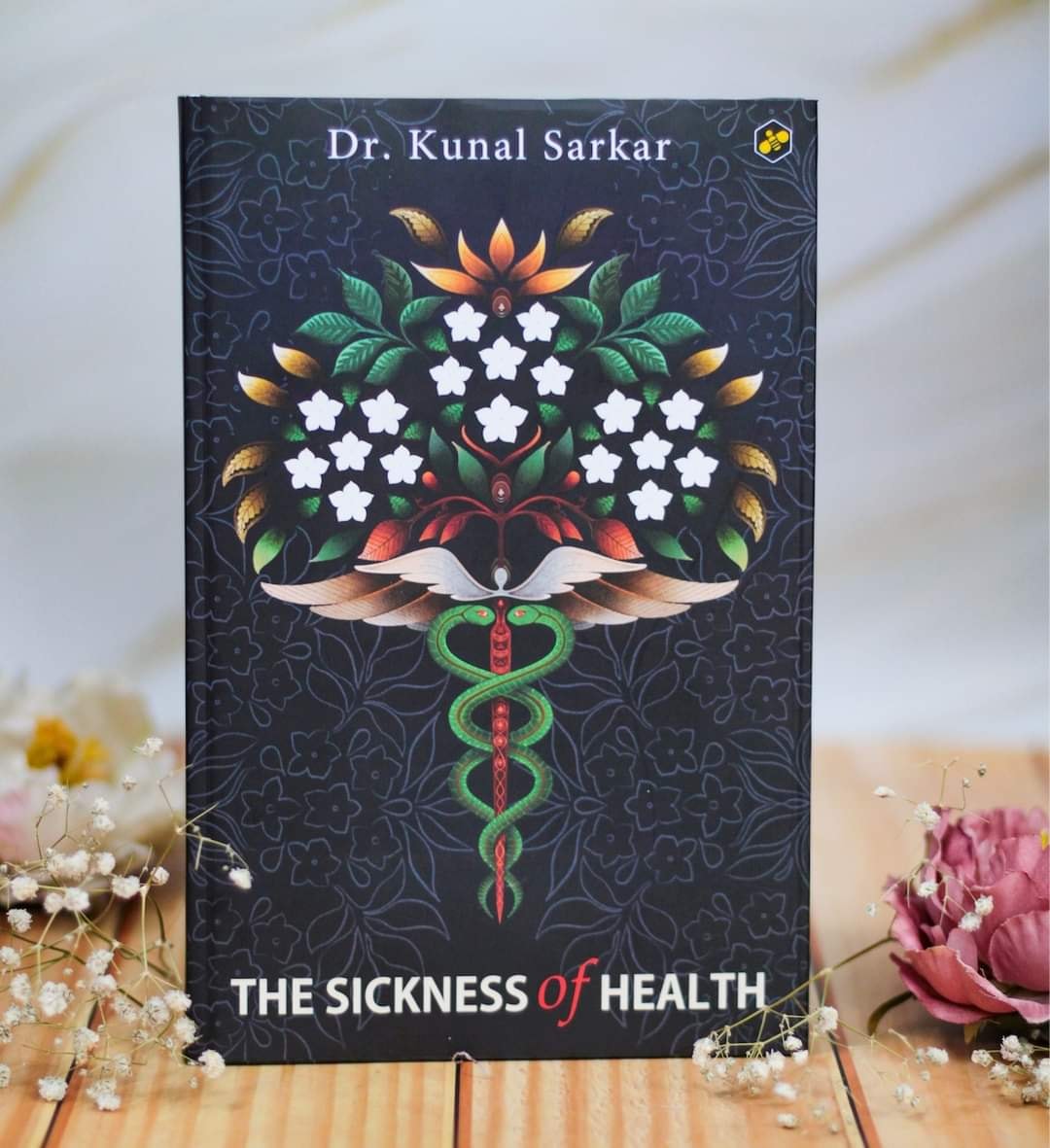
Dr. Kunal Sarkar is a distinguished cardiac surgeon, passionate about advancing the field of coronary surgery. With over three decades of experience, he is a leading authority in complex cardiovascular procedures and a fervent advocate for innovative surgical techniques. He is the Senior Vice Chairman and Director of Cardiac Surgery at Medica Superspecialty Hospital, where he heads the hospital's cardiac department, overseeing numerous pioneering surgeries and patient care initiatives.
Dr. Sarkar’s expertise spans a broad range of areas, including off-pump coronary artery bypass grafting (CABG), bloodless heart surgery, total arterial bypass grafting, combined surgeries (CABG + Valve Surgery), and complex aortic surgeries. His commitment to minimally invasive techniques and advanced surgery has made him a recognized figure in the global cardiac community. He is especially known for his expertise in performing more than 90% of coronary surgeries without the aid of a heart-lung machine and in performing complex redo surgeries.
His academic background is equally impressive. Dr. Sarkar graduated with a gold medal in surgery from the prestigious Medical College, Calcutta, where he also received 12 other awards in surgery. A National Scholar, he further honed his skills in the UK, training at renowned institutions such as the Cardiothoracic Centre Liverpool and St. Mary’s Hospital. He is a Fellow of the Royal College of Surgeons in both Edinburgh and Glasgow and serves as a faculty member at Imperial College London.
Dr. Sarkar is a key contributor to the academic world, being intimately involved with major associations like the European Association for Cardio-Thoracic Surgery (EACTS) and the Indian Association of Cardiovascular and Thoracic Surgeons (IACTS), where he has served as President. He is also an active member of the South Asian Forum of Cardiothoracic Surgeons, where he seeks to foster collaboration and knowledge-sharing among surgeons in the region.
Outside of his surgical expertise, Dr. Sarkar is a passionate debater, orator, and writer. He is the President of the Calcutta Debating Circle (CDC), where he plays a pivotal role in organizing Calcutta's Festival of the Spoken Word, India’s largest live debate event. His leadership extends to his involvement in several social and health organizations, where he advocates for public health and wellness. He is the President of the Kolkata Sukriti Foundation and the Chairman of the Kolkata Heart Foundation, which focus on promoting health education and providing critical health services to underserved communities.
Dr. Sarkar is also deeply committed to digital health innovation as the Managing Partner of Asklepia Health LLP, Eastern India's fastest-growing digital health platform. Through various media channels, he actively raises awareness about public health, healthcare delivery systems, and preventive health, sharing invaluable knowledge and insights on current affairs, socio-economic issues, and exceptional health stories.
Dr. Sarkar's dedication to his patients, his profession, and his community is evident in every aspect of his work. Through his surgical expertise, academic contributions, and public engagement, he continues to make a profound impact in the world of cardiovascular medicine.

Brief intro about book. The Sickness of Health by Dr. Kunal Sarkar traces the beginning of medicine to the time of Hippocrates in 5th century BC. Since then modern medicine as we know it today has come a long way. Contrary to popular belief, Ayurveda, Unani, homeopathy and allopathy depict the evolution of medicine across different eras. Allopathy, which is the last branch, is hoisted by pillars of contemporary science. However, modern medicine and healthcare in India are not free from afflictions. Political tussles and corporate policies that only aim to fulfill their own interests, have left the doctors and the patients in the lurch. Drawing a parallel with the Western practice, Dr. Kunal Sarkar writes in detail about the sickness that tend to jeopardize the healthcare industry and ways to recuperate from it.
